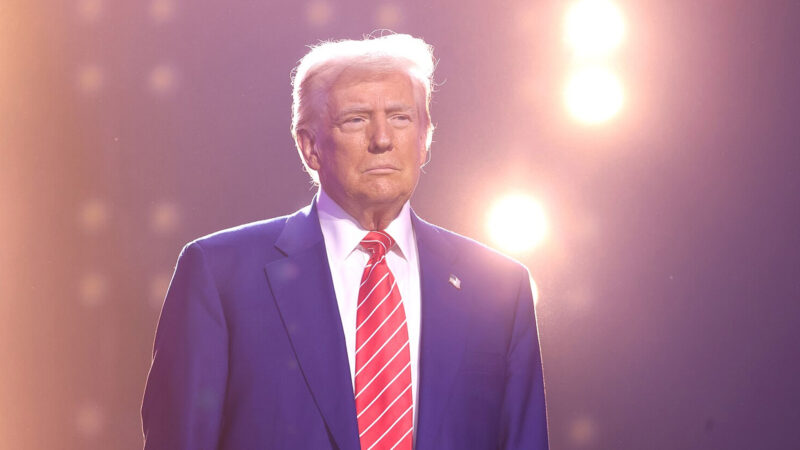In a sweeping and legally questionable maneuver, Donald Trump fired 18 federal inspectors general on Friday night, drawing sharp criticism from watchdog groups, Democrats, and even some Republicans.
The move, characterized as a “chilling purge” by Senate Majority Leader Chuck Schumer, has sparked concerns about the erosion of government oversight and a potential descent into unchecked corruption.
The inspectors general, who serve as independent watchdogs tasked with investigating waste, fraud, and abuse within federal agencies, were dismissed without the 30-day notice required by the Inspector General Act, amended in 2022 to protect these positions from undue political interference.
Among those terminated were the inspectors general for the Defense, State, Labor, and Health and Human Services departments—critical agencies with broad-reaching responsibilities.
When pressed for an explanation, a senior White House official claimed the firings were part of an effort to remove individuals from the Biden administration who did not “align” with Trump’s vision. “We’re cleaning house of what doesn’t work for us,” the official said, failing to provide substantive reasons for each termination as mandated by law.
The abrupt firings highlight Trump’s ongoing disdain for independent oversight and his administration’s efforts to centralize power. Inspectors general are specifically designed to operate outside partisan influence, conducting objective audits and investigations to ensure accountability.
Their sudden dismissal, paired with Trump’s dismissive comment that the firings were a “very standard thing to do,” signals a deliberate effort to neuter oversight mechanisms.
Critics argue that Trump’s actions set a dangerous precedent for the politicization of inspectors general. Mark Lee Greenblatt, a former Interior Department inspector general appointed by Trump, expressed alarm to NBC News at the prospect of replacing watchdogs with political loyalists. “Will they be willing to come to negative findings about Trump allies?” Greenblatt asked, underscoring fears that the new appointees may act as enablers rather than enforcers of accountability.
The firings have been met with widespread condemnation. Schumer decried them as a harbinger of “lawlessness” and an attack on transparency. Sen. Chuck Grassley, a Republican who spearheaded the 2022 amendments protecting inspectors general, criticized Trump’s disregard for the statutory 30-day notice and demanded further justification.
On social media, Sen. Elizabeth Warren labeled the firings a “purge” and accused Trump of dismantling accountability safeguards to enable corruption. Rep. Gerry Connolly, the top Democrat on the House Oversight Committee, went further, calling the mass dismissal a “Friday night coup.”
The legal uncertainty surrounding the move adds to the alarm. The Inspector General Act requires detailed justification for terminations and Congressional notification 30 days in advance, neither of which appears to have occurred. Hannibal “Mike” Ware, who chaired the Council of the Inspectors General on Integrity and Efficiency until his own dismissal, condemned the firings as inconsistent with the law and a threat to the independence of inspectors general.
Ultimately, the firings are emblematic of Trump’s broader campaign to consolidate power and undermine institutional safeguards. By eliminating independent oversight, Trump appears to be paving the way for unfettered corruption and authoritarian control, leaving critics and defenders of democracy alike questioning the future of accountability in the federal government.

